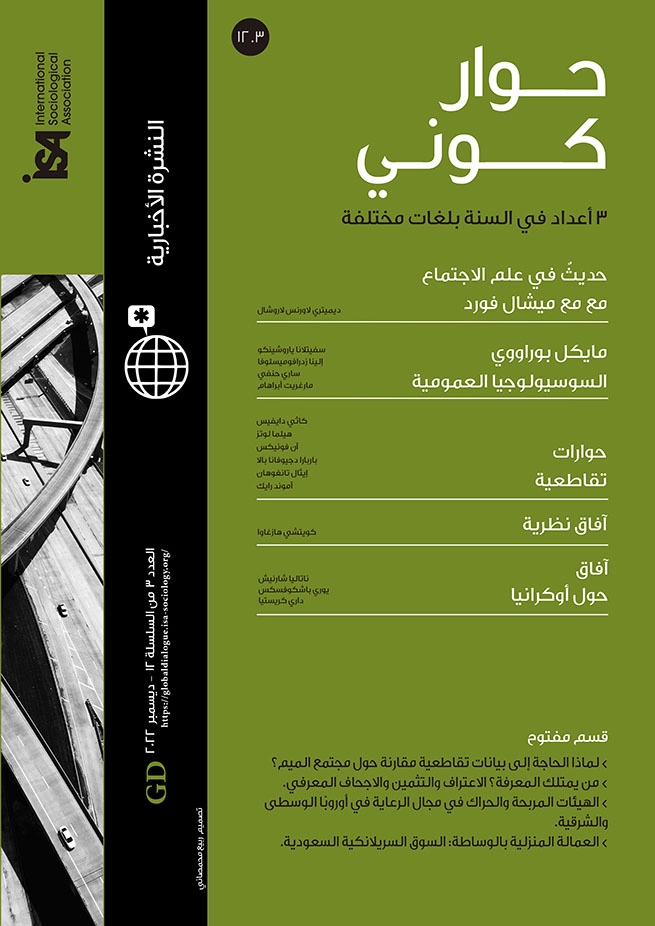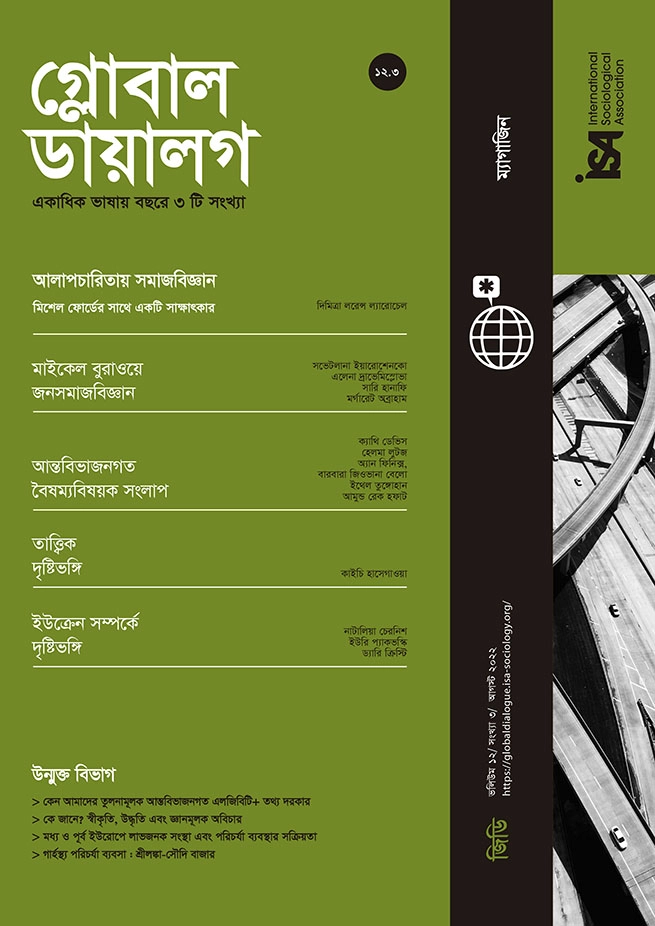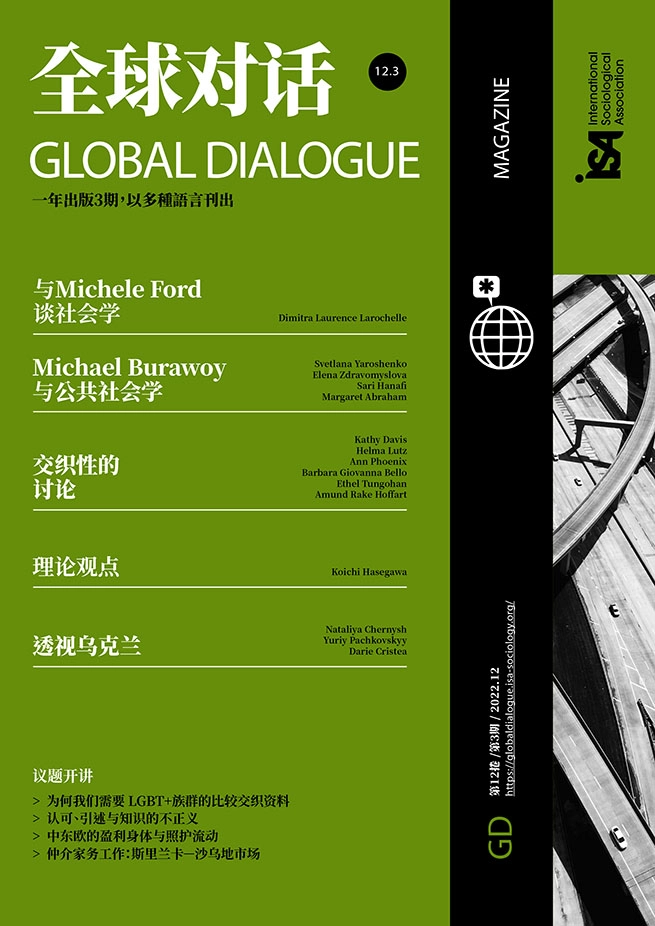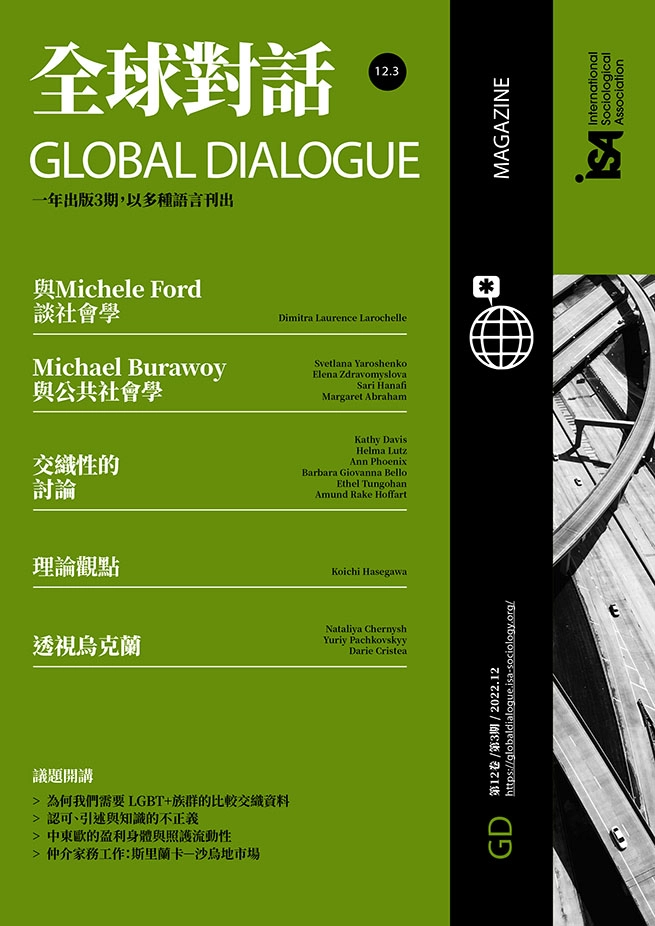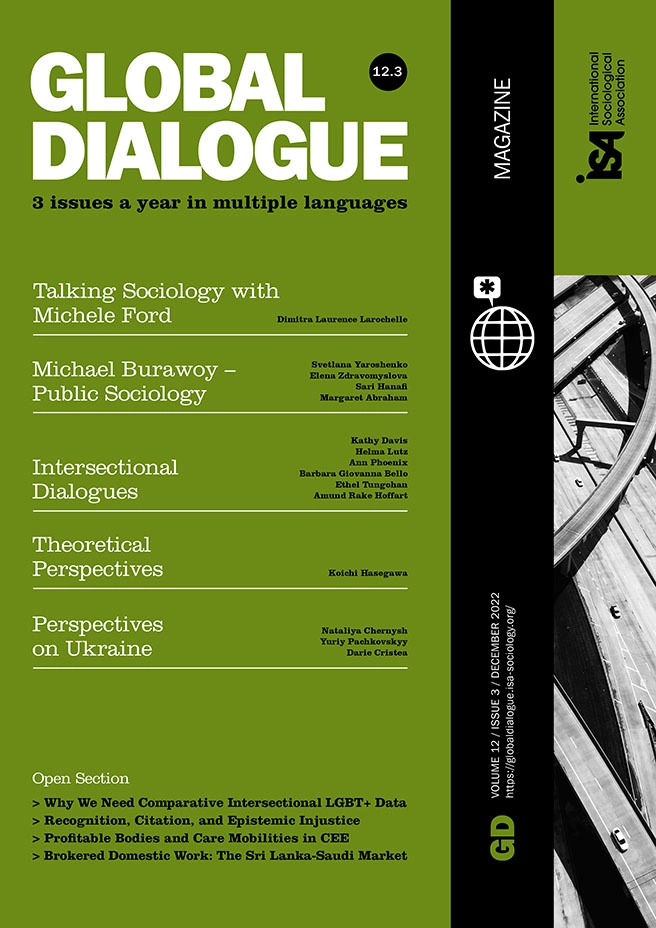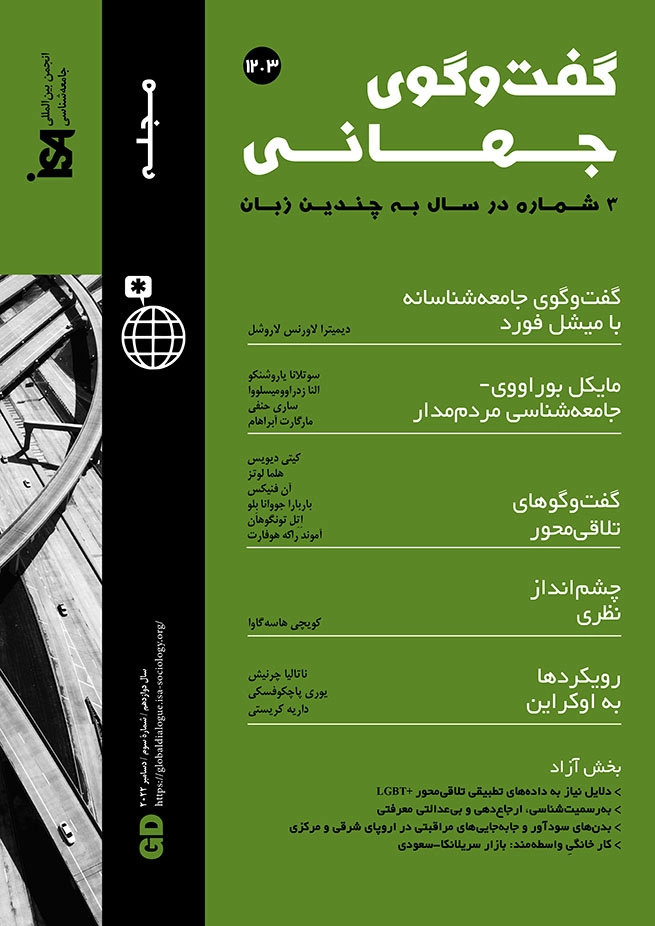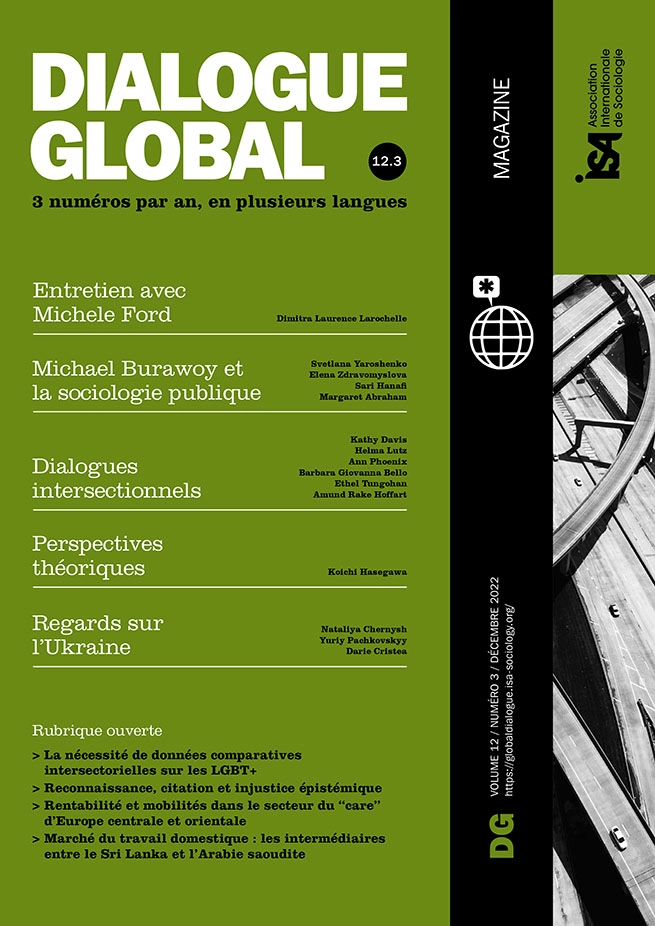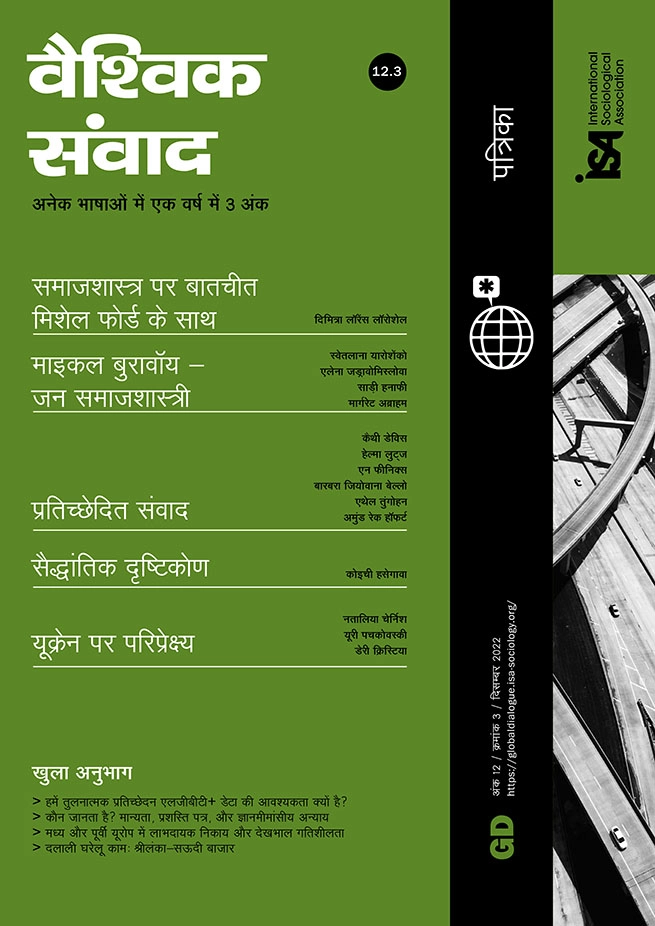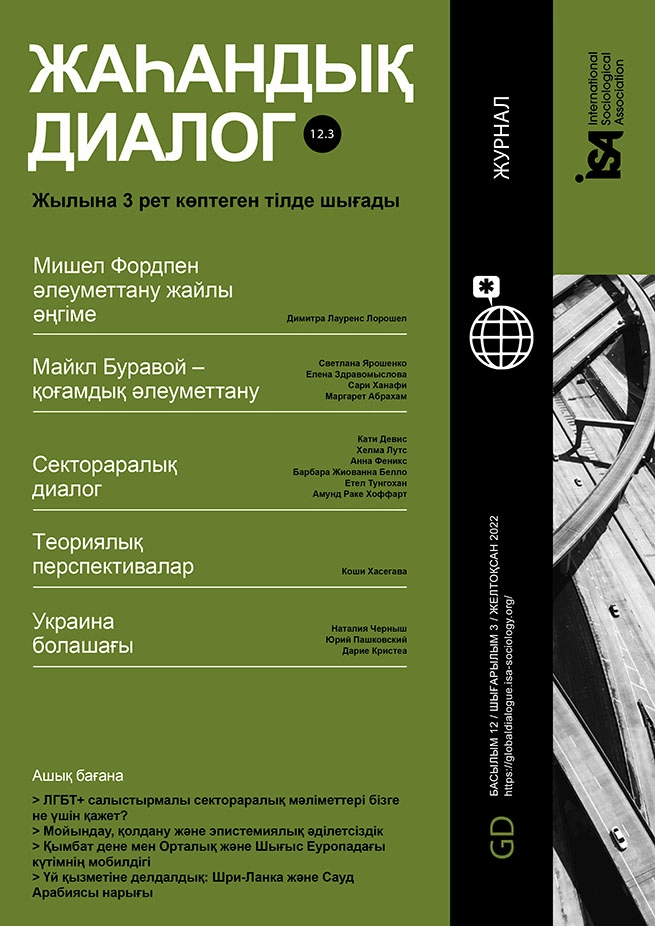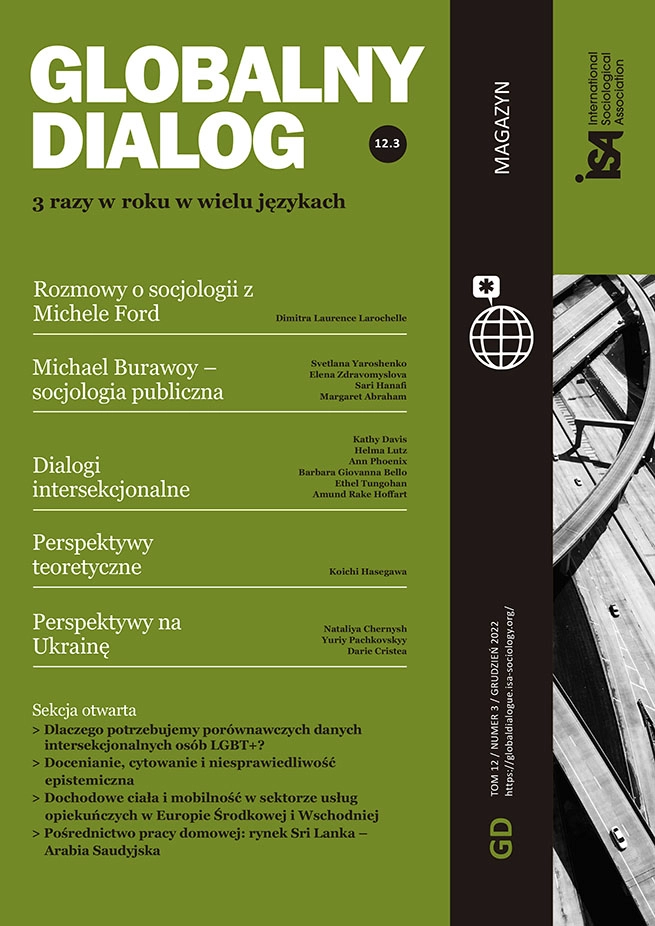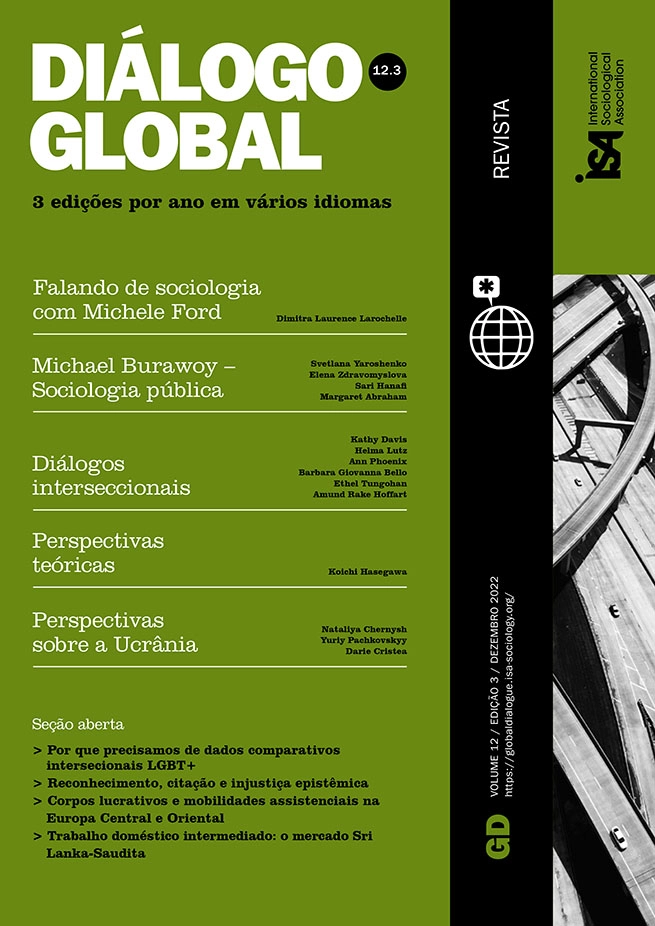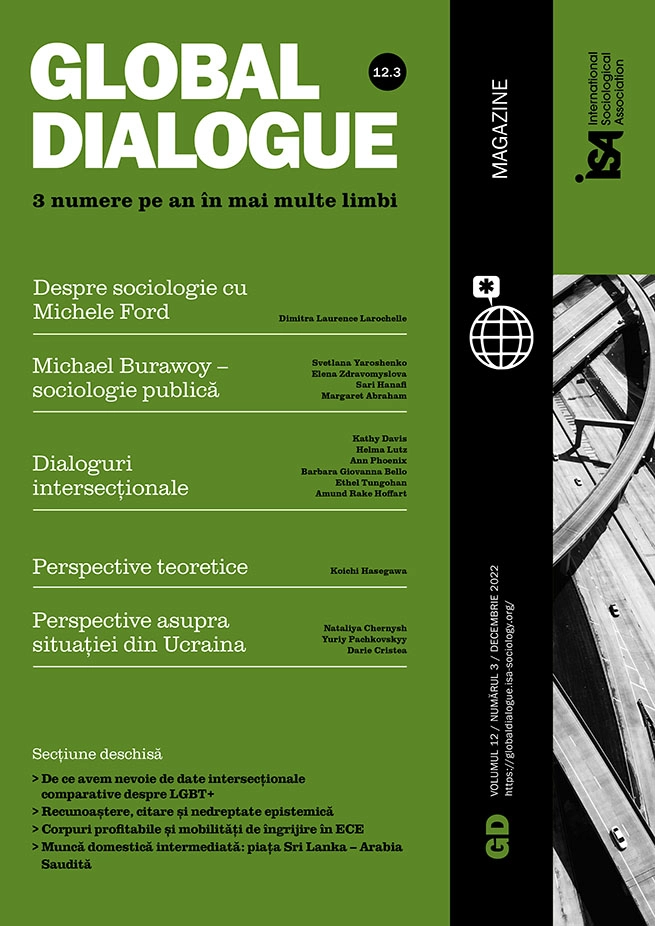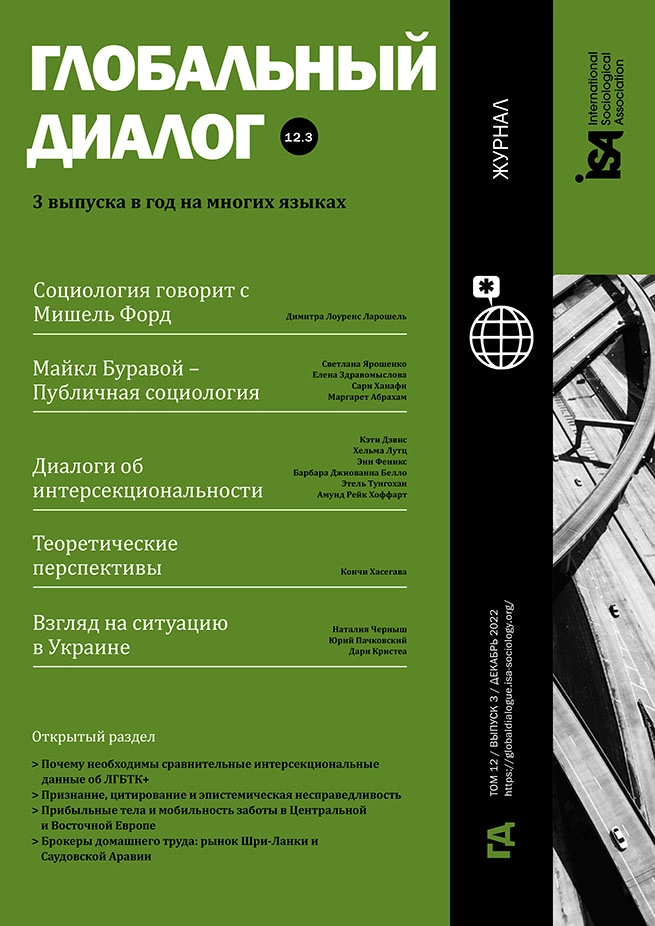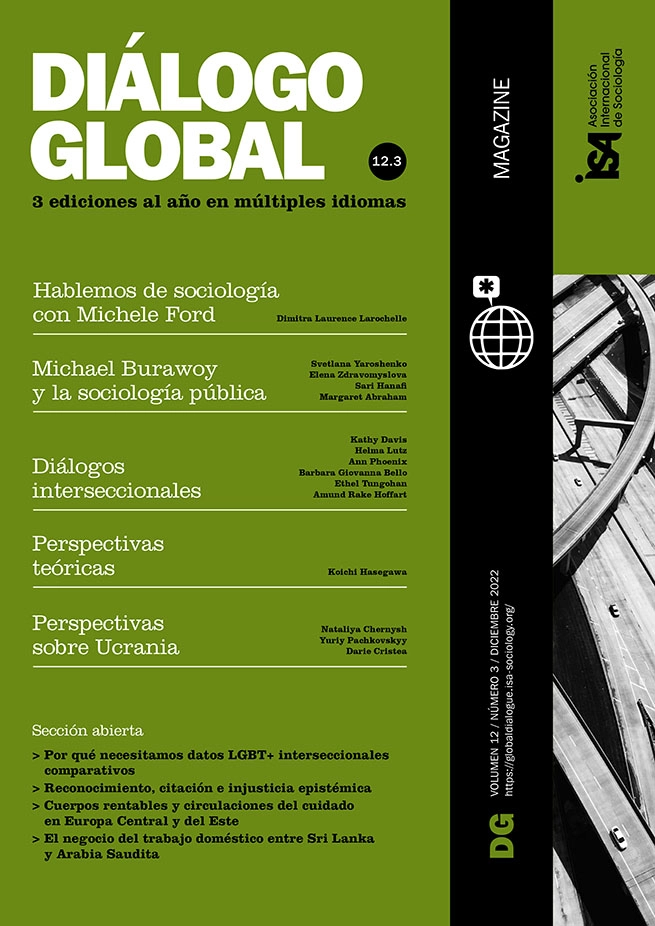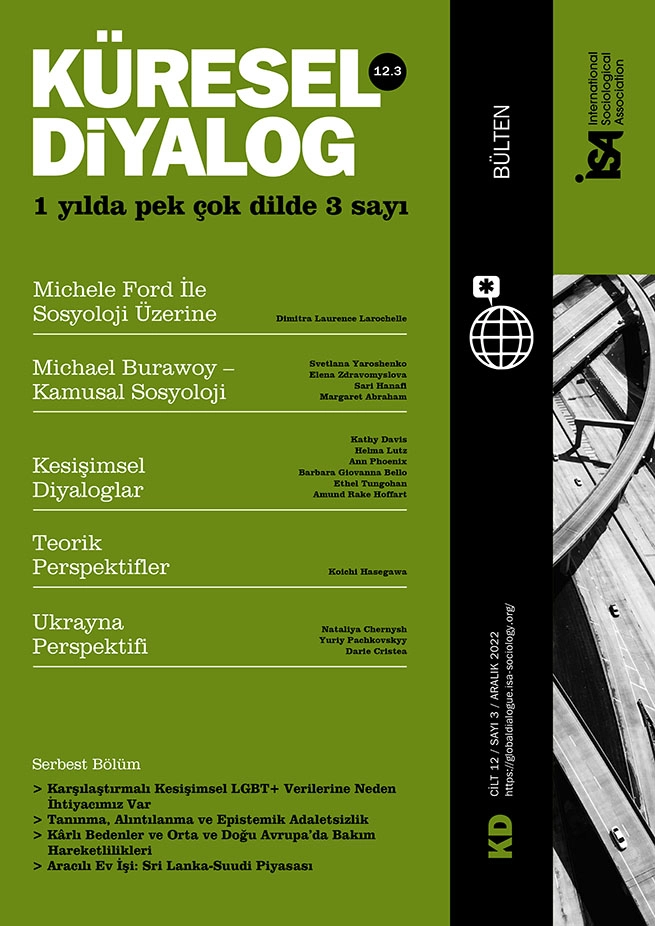Who Knows? Recognition, Citation, and Epistemic Injustice

October 18, 2022
In many ways, the academic profession is becoming more diverse. Since 1990, women have constituted the majority of undergraduate and master’s-level graduate students globally. In the EU, women account for 54% of undergraduate students, 58% of master’s students, and 48% of graduates at doctoral level, but they still make up only 24% of professors. Minority ethnic scholars are underrepresented across the academic profession: in the UK, for instance, Black and minority ethnic scholars occupy only 7.3% of professorial roles.
The relationship between education, knowledge, and social justice
In recent years, these inequalities have become increasingly visible, thanks in part to the campaigns to decolonize the curriculum and to a growing awareness of the relationship between education, knowledge, and social justice. And yet, the relationship between social and epistemic inequalities runs deep and we need to look not only at who studies or teaches in our classrooms, but to our sources of knowledge as well, including reading lists: Whose voices are represented? Whose knowledge is framed as relevant – and for what?
The concept of epistemic injustice captures how social inequalities – for instance, those of gender and ethnicity/race – shape who can be recognized as a valid/credible possessor of knowledge. Formalized by Miranda Fricker, the concept was both influenced by and in turn has influenced philosophers, feminist epistemologists, and other scholars who study different forms of “credibility excess” or “deficit”: differences in how forms of identity-based prejudice influence the reception and interpretation of knowledge claims. For instance, who counts as a “credible witness” in court depends on how their class, gender, age, status, and ethnicity/race are perceived – often to the detriment of marginalized or historically disadvantaged groups.
However, these inequalities do not only exist at the level of individual knowledge contributions. They are part and parcel of how knowledge is produced, measured, valued, and exchanged; in other words, of the global political economy of knowledge production. In this sense, the question is not only who can be seen as a possessor of valid knowledge, but also what they can be seen as knowing about. As a social theorist and sociologist of knowledge, I refer to this as the relationship between epistemic subjects (those who know) and epistemic objects (what they know about).
The reproduction of social inequalities within academia
In “Epistemic positioning and epistemic injustice: towards an intersectional political economy,” I developed the concept of epistemic positioning to show how judgments concerning knowers impact judgments about the objects of knowledge – and vice versa. A well-known example is when women’s knowledge claims are seen as “emotional” or “speaking from experience,” while those made by men or majority scholars are classified as “theoretical” or “general”. But there are more systematic and insidious forms of discrediting, such as, for instance, dubbing critical race theory or any other kind of identity-based knowledge inquiry “grievance studies.” I call this bounding, as it frames knowledge claims as bound to the personal experience (or “grievances”) of their subjects, rather than as equal contributions to scientific knowledge.
The second kind of positioning, domaining, is closely tied to the first: it is when knowledge contributions by certain kinds of knowers get associated with domains or disciplines based on the identity of the speaker. For instance, women on academic panels are often contributing the “gender” or “feminist” perspective on the subject, while Black and minority scholars get invited to speak “on race.” What complicates things is that these forms of positioning are often strategically used by scholars to navigate the networks of academic patronage and recognition. But they also impose an artificial boundary on who can be seen as knowing about what: while minority scholars are usually framed as experts on an element of their identity or heritage, white and “unmarked” scholars can be experts on anything. This makes their academic capital significantly more convertible: you stand a higher chance of getting employed if you can teach on several topics, rather than if you are an expert in just one domain. Coupled with bounding, that is, the tendency to reduce knowledge claims to the identity of their producers, this contributes to the reproduction of social inequalities within academia.
The Matthew effect
However, success in the academic profession is not only a result of expertise being recognized in appropriate contexts; it is often a question of being recognized, or credited, at all. Women and minority academics often experience the third form of positioning: non-attribution – their work is used, but without proper citation or credit. Sometimes this deteriorates into full-blown “appropriation”, where credit goes to someone else – this someone frequently being male, white, senior and privileged. Of course, we have a name for this in sociology: the Matthew effect.
Usually attributed to Robert Merton, the “Matthew effect in science” (named after the Gospel according to Matthew: “For to every one who has will more be given, and he will have abundance; but from him who has not, even what he has will be taken away”) describes the tendency for credit for scientific discoveries to go to the most senior, and recognized, scientist in the team. In 1993, Margaret Rossiter coined a related term, the Matilda effect, to conceptualize the tendency for credit to go to men, rather than women. But few sociologists know that potentially the most famous case of both the Matilda and Matthew effects is, precisely, The Matthew Effect.
First published under Merton’s name in The Matthew Effect in Science in the journal Science, the concept of the Matthew effect was co-developed by Merton and Harriet Zuckerman, whose research on Nobel Prize winners provided the key empirical material for the study. Merton, in fact, explicitly acknowledged this in the second and third printings of The Matthew Effect, stating in a footnote that he “drew upon the interview and other materials of the Zuckerman study to such an extent that, clearly, the paper should have appeared under joint authorship” and that “a sufficient sense of distributive and commutative justice requires one to recognize, however belatedly, that to write a scientific and scholarly paper is not sufficient grounds for designating oneself as its sole author”. And yet this did not change how the concept is remembered: most sociologists, to this day, still credit Merton for coining the term.
The requirements of epistemic justice
This suggests belated assertions of authorship cannot reverse long-term effects of epistemic injustice. Women and minority academics who demand recognition are often seen as being annoying, aggressive, or petty. Bounding and domaining make it easier to justify excluding someone from the reference list – if their research was only about a certain object (universities, say, rather than power) or if it was primarily based on experience (rather than, say, theorization), and in particular if they are petty about it.
As our professions and reading lists continue to diversify, we need to remain attentive to the tendency not only to exclude but also to position certain scholars and their work as less important, valid, or applicable. Epistemic justice requires that each one of us does the work, and gets credit for the work they do.
Jana Bacevic, Durham University, UK <jana.bacevic@gmail.com>

